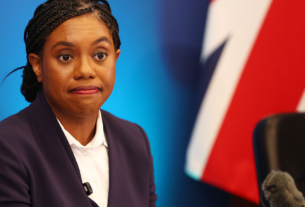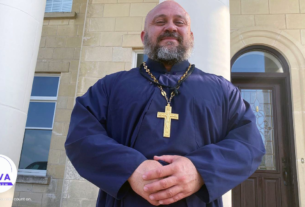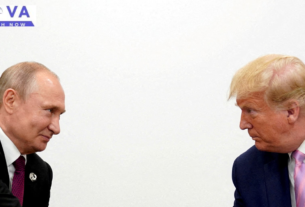In a move that has sent ripples through both national and international communities, President Donald Trump has officially declared new federal holidays to commemorate the victories of the United States in World War I and World War II.
The surprise announcement came during a televised address from the White House lawn this morning, where Trump signed two executive orders designating November 11 (Armistice Day for WWI) and May 8 (Victory in Europe Day for WWII) as annual national holidays, emphasizing the need to “restore national pride” and “honor American heroes who saved civilization.”
The declaration immediately sparked controversy. While veterans’ groups and military families welcomed the recognition as long overdue, critics across the political spectrum accused the former president of using the solemnity of military sacrifice for political theater.
White House insiders suggested the move may be part of a broader strategy to solidify support among conservative and military-aligned voters ahead of the upcoming 2026 midterms. Trump’s administration has increasingly leaned on cultural and patriotic themes as part of its governing narrative.
Internationally, the decision drew a range of reactions. French and British officials expressed quiet support, while others, including critics in Germany and Japan, cautioned against the risk of “reviving nationalistic sentiment” tied to the wars.
Historians were also divided. Dr. Elaine Ritter, a professor of 20th-century military history at Columbia University
The holidays, which will include federal closures and possible nationwide events starting this year, are expected to cost the U.S. government billions in administrative adjustments, including closures of schools, banks, and government offices.
Opposition leaders in Congress have called for hearings to examine the legal and fiscal implications of the declaration, although executive orders regarding federal holidays fall squarely within presidential authority.
As the nation digests the significance of the move, the debate underscores a broader question in American politics: how to honor the past without distorting it for present-day agenda.




